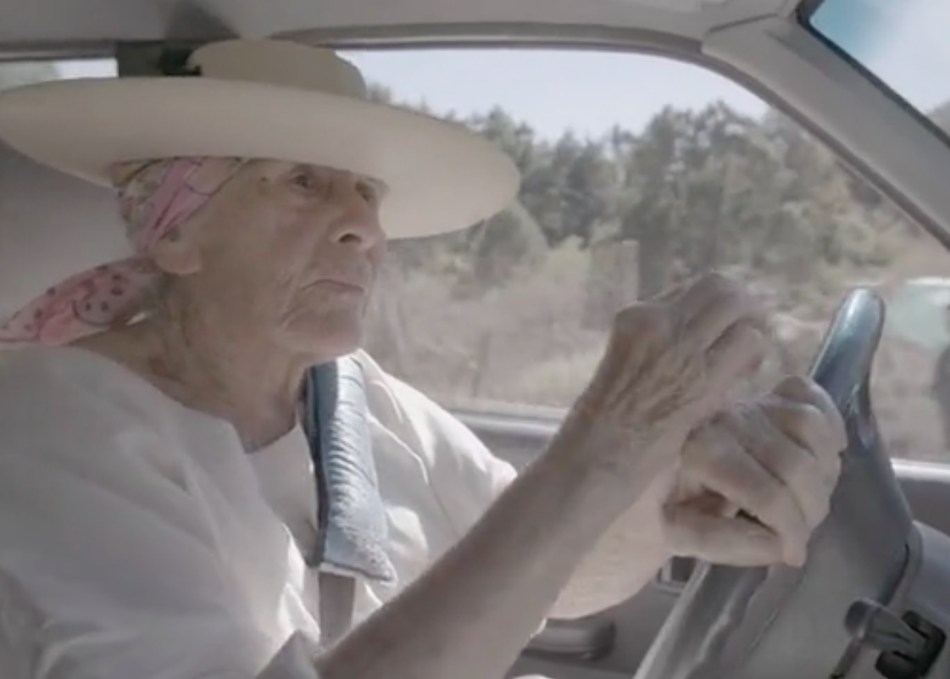Elizabeth Carroll is a director and producer. In 2013, she founded Honeywater Films to produce stories about food. She has directed video content for The New York Times.
“Nothing Fancy: Diana Kennedy” will premiere at the 2019 SXSW Film Festival on March 9.
W&H: Describe the film for us in your own words.
EC: It’s a feminist story about the complexity of being unapologetically oneself and reflects the human responsibility to preserve the past and future equally. It’s proof that food doesn’t have walls, and age is indeterminate of spirit.
W&H: What drew you to this story?
EC: I came across Diana while doing broader research for a different film. I was instantly entranced, and I knew I wanted to interview her. I had no idea how to find her, however, seeing as she lives in the mountains of Michoacan, Mexico.
An hour later, I walked into a bookstore in Austin, and the marquee said: “Book Signing with Diana Kennedy Tomorrow.” We met the next day and basically bonded right away. I guess you could say it was fate.
W&H: What do you want people to think about when they are leaving the theater?
EC: Whatever Diana makes them think. I think her influence expands into several categories, like a Venn diagram. She’s an undeniably galvanizing character.
W&H: What was the biggest challenge in making the film?
EC: Funding. I spent years trying to get people to believe in the project financially. It felt like a never-ending chicken and egg situation. Also editing—the post-production process is very intense. You can get easily lost in your head.
W&H: How did you get your film funded? Share some insights into how you got the film made.
EC: It was ultimately a combination of crowdfunding, independent investments, and territorial pre-sales.
W&H: What inspired you to become a filmmaker?
EC: Telling real life stories on screen seemed to me a much more effective way of changing people’s minds than standing on a soapbox with a megaphone.
W&H: What’s the best and worst advice you’ve received?
EC: Best advice: “Ask for help. Find a mentor. Hire the most talented people you can find.”
Worst advice: “Shoot now and fund late.” I learned this lesson personally.
W&H: What advice do you have for other female directors?
EC: Trust yourself and your vision. Even if you have to dig deep or revise it over and over again, don’t allow other people’s ideas to dilute it over time. There’s a huge difference between soliciting outside advice and taking on everyone’s opinions, no matter how convincing they are.
Ask for help when you know you need it or you know someone is more experienced in what you’re trying to accomplish. Pay attention to your gut. When you think it can’t get more stressful, it will.
Don’t let your emotional state influence important decisions. Be realistic and transparent so you can effectively manage people’s expectations. Mistakes are uncomfortable and unavoidable, but the most important thing is to keep going.
W&H: Name your favorite woman-directed film and why.
EC: I love Kirsten Johnson’s documentary “Cameraperson.” It’s so intimate, using all the trimmings from her role as a cinematographer on past shoots to formulate a personal vérité narrative.
W&H: It’s been a little over a year since the reckoning in Hollywood and the global film industry began. What differences have you noticed since the #MeToo and #TimesUp movements launched?
EC: Way more female and POC representation! Hell yes!







